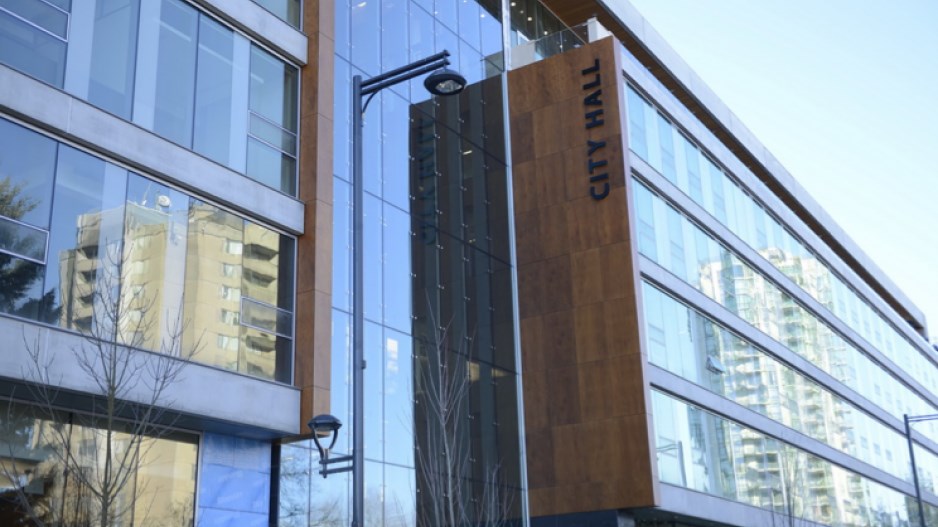Surrey voters will have three very distinct choices for mayor when they head to the polls this November, but all appear to lead back to one person: departing Mayor Dianne Watts.
Doug McCallum, who lost to Watts in 2005, is listening to the “fire in his belly” and has decided to run again after close to a decade away from political life.
Coun. Linda Hepner was hand-picked by Watts' Surrey First party to succeed the popular current mayor.
Fellow councillor Barinder Rasode, who if elected would be the first South Asian female mayor in North America, recently left Surrey First after a spat with Watts over numerous political issues including a proposed casino and a Facebook post.
All three were quick to point out their top issue – public safety.
Given Surrey's crime rate, which sits above the national average, the high-profile slaying of Julie Paskall and the Surrey Six murders, it's no surprise all three are vowing to clean up the streets.
When it comes to economic development and business, the trio of candidates is also pursuing a similarly monochromatic theme. Rasode said she will focus on “cutting through the red tape” and speeding up bureaucratic processes for business owners looking to set up shop in Surrey.
“I think we forget that as a municipal government, we are a monopoly,” she added.
“And being a monopoly we have to be very thoughtful that our level of service is not only exceeding expectations but is also responsive to new technologies and streamlining processes.”
Hepner, who was the manager of economic development for the city before she joined council in 2005, said she wants to “roll out the red carpet for business in Surrey.”
“I think it's that continuity of momentum that is going to be the catalyst that moves our business sectors forward. And certainly you're going to want a governance that's supportive of business, and I certainly am.”
McCallum's platform focuses on getting Surrey out of the red; he's been particularly outspoken against the new city hall office building that could end up costing $150 million – up from its initial price tag of $97 million.
The former mayor stressed this point by announcing his run outside the former city hall office.
“The finances at city hall, they're making bad decisions and very costly decisions,” he said. “And every cent of that $150 million is of no benefit to our community. That was just a bad decision.”
The City of Surrey noted it currently has around $212 million in debt with the Municipal Finance Authority, below the current borrowing capacity of over $1.2 billion.
The city has also borrowed from its internal reserve/surplus accounts in order to complete the projects outlined in the Build Surrey Program that will fund a number of upcoming capital projects over the next six years.
A city spokesman said the internal and external borrowing will be repaid over time, though a specific plan has not been rolled out yet.




